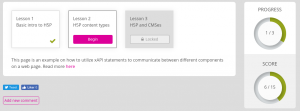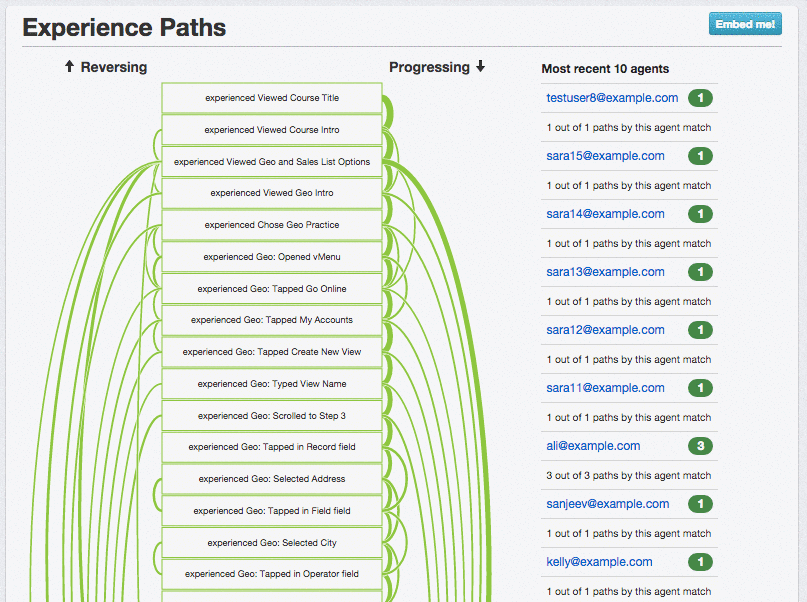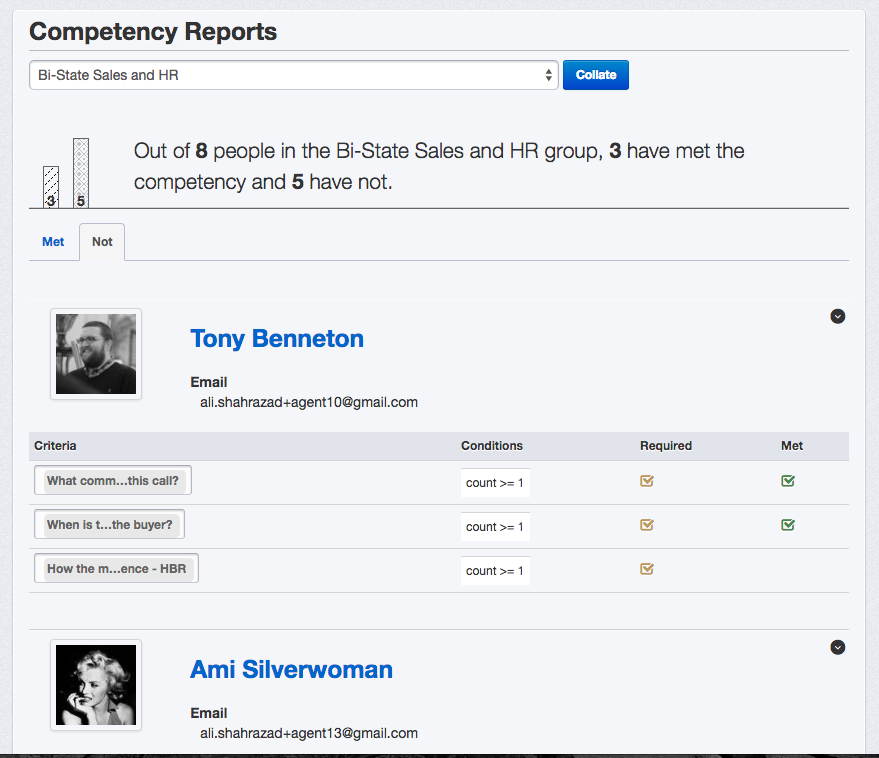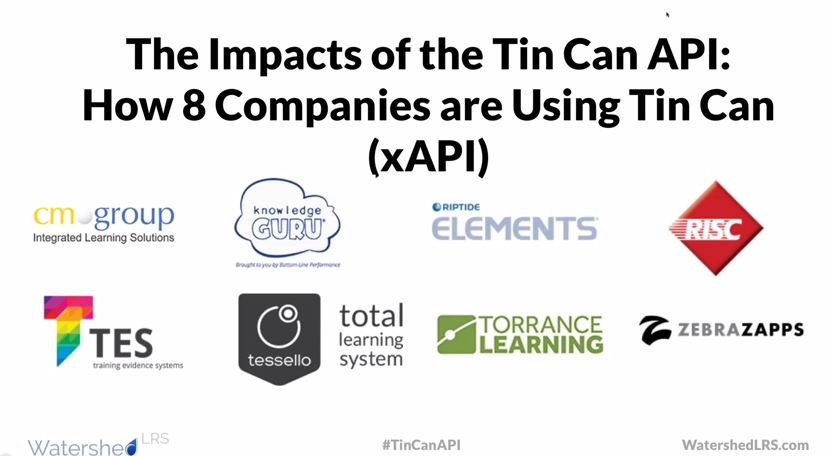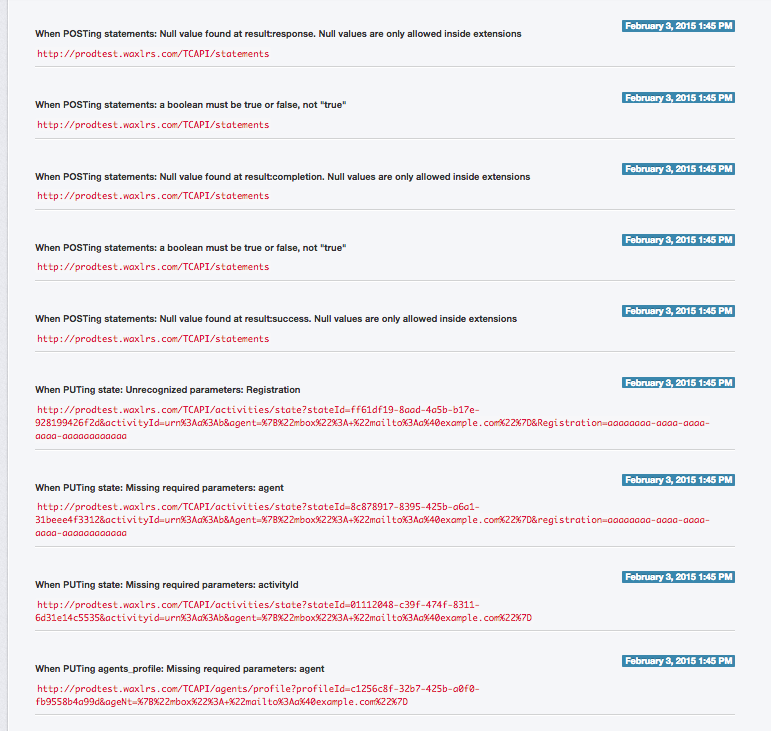SCORM is a technical standard developed by Advanced Distributed Learning Initiative (ADL) over 16 years ago that governs how online learning content and Learning Management Systems (LMSs) communicate with each other. It is the mature de facto industry standard for e-learning interoperability the pre-dates mobile learning and IOT.
cmi5 is a new specification that was co-developed by ADL and the Aviation Industry Computer-Based Training Committee (AICC). This new specification defines how "LMSs launch content" using the Experience API (xAPI) as the content-to-LMS communication layer. cmi5 builds upon the lessons learned from AICC and SCORM specifications, address the limitations of each, and adds new capabilities. cmi5 uses xAPI which was designed with both traditional and non-traditional learning methods (Social, Mobile, Simulations, VR etc.) in mind. cmi5's use of xAPI enables the development of interoperable features well beyond the traditional LMS model. cmi5 is a key component of an xAPI based learning ecosystem and an excellent starting point for organizations that wish to adopt xAPI.
cmi5 provides the following functionality that SCORM does not:
- Richer Data Collection. Record any data you want (and get it back!)- SCORM is limited to a "list" of data collected. cmi5 is open-ended on the data you can collect.
- Share Data more easily – cmi5 uses a web service and data structure that allows easy integration with other systems/applications.
- Distributed Content – cmi5 content can reside anywhere, it allows for content as a service.
- Elimination of "Pop-up" Windows – eliminate pop-up blocker headaches
- Mobile app launch support – cmi5 content does not require a browser. Content could be a mobile app.
More info: SCORM vs. cmi5 Comparison for L&D Professionals


